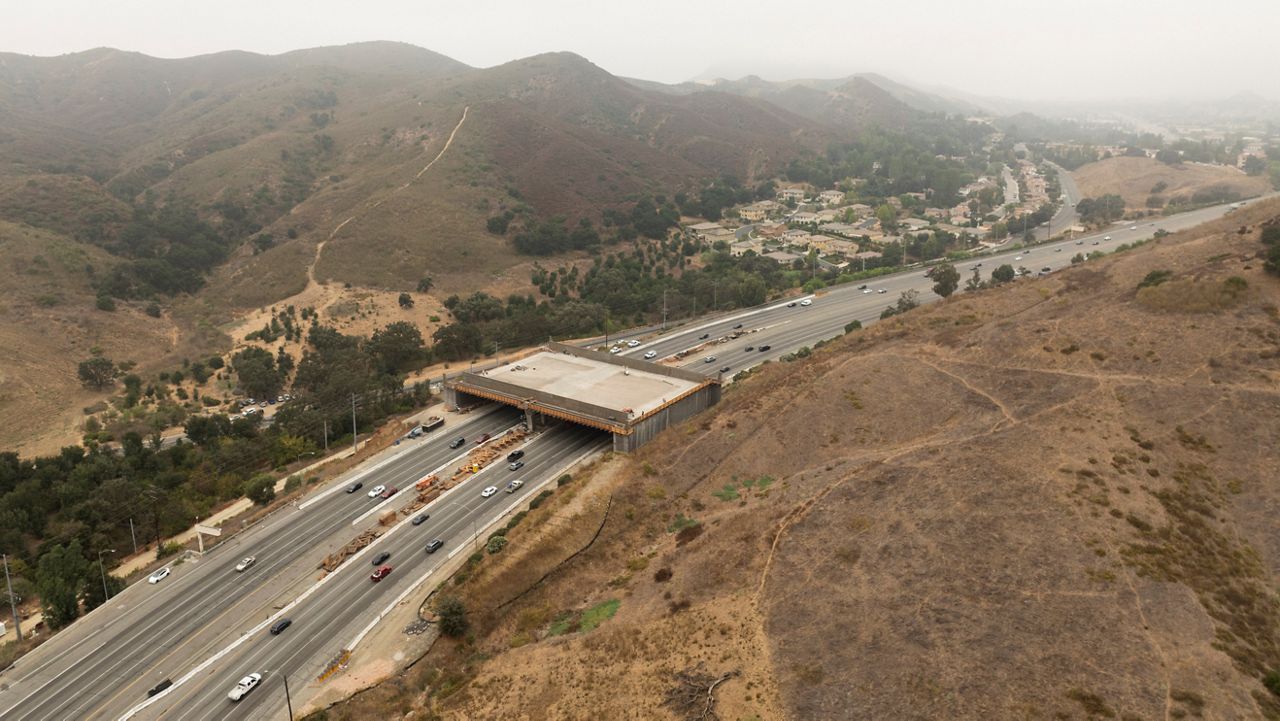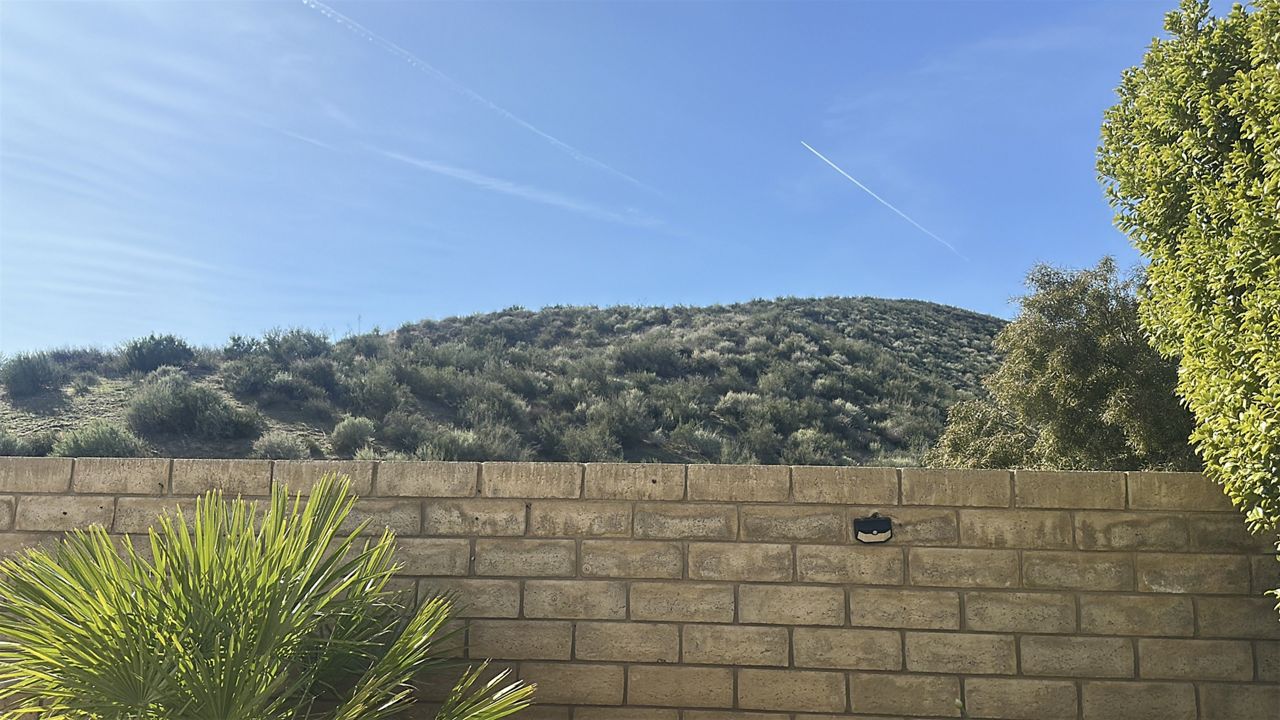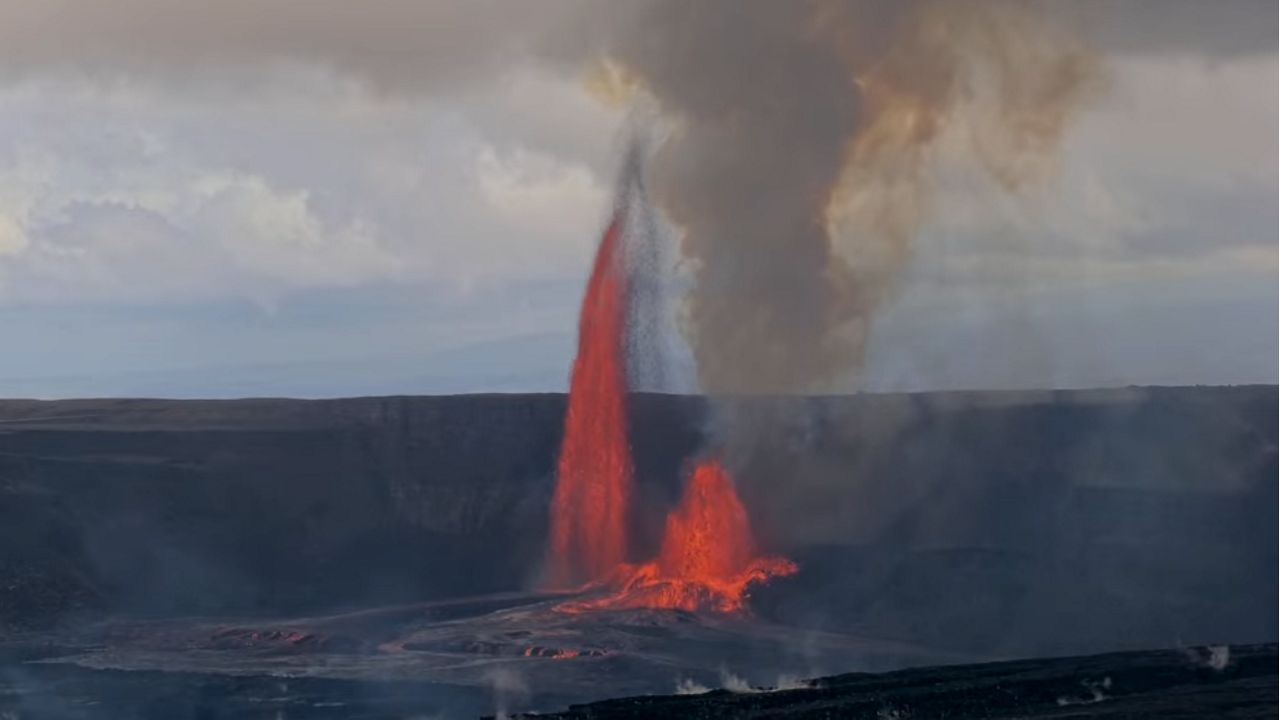GLASGOW, Scotland — In a first for a United Nations Climate Change Conference, mayors from cities around the globe addressed world leaders to talk about the commitments subnational governments are making to reduce greenhouse gas emissions. Among them was Los Angeles Mayor Eric Garcetti, who, as chair of the C40 Cities Climate Leadership Group, announced Monday that 1,049 cities around the world had joined forces, committing to cut greenhouse gas emissions in half by the end of the decade.
“I'm so inspired here in Glasgow that cities really are leading the way in a very kind of despondent and sometimes hopeless moment,” Mayor Garcetti told Spectrum News 1 in an exclusive interview on Tuesday. “Cities are bringing a lot of hope. So while national governments will negotiate over the next 10 days what they will or won't do, cities have laid our cards on the table.”
- Los Angeles did not agree to take any new climate actions during the U.N. Climate Change Conference. “I share those [plans] with Angelenos as quickly as we do them,” Mayor Garcetti said, “but some of the most recent ones that we pledged are to get to 100% renewable power using the National Renewable Energy Laboratory. That will get us to 97% carbon free by the end of this decade, with the Los Angeles Department of Water and Power, and five years later to be at net zero. That's probably the biggest pledge of any major city in the world.”
- Despite LA’s ability to achieve net-zero emissions from its electrical grid 15 years ahead of what he called for in the city’s Green New Deal, it may not be fast enough. “One of my messages is always to reassess next year whether this year's promises are too slow. It's the boldest commitment. It's beyond anything that our national governments are doing,” the mayor said. “In fact, there's only one national government that has developed a plan and lived up to its Paris Agreement. That's Gambia, a very small country in Africa. By contrast, over two-thirds of the C40 cities group I chair, that includes the 97 mega cities of the world, are on track to meet those goals. So I think that we want to make sure that we're always speeding this up. We can't do this too quickly.”
- Global leaders committed $13 trillion over the past two years to combat COVID yet have only committed $100 billion annually to fight climate change. Investment to fund greenhouse gas emissions reductions “has to come from the wealthy nations and to some degree from the private sector,” Garcetti said. “The commitment that rich nations made to start at $100 billion a year has not yet been met, so we're saying at least hit that floor and then raise the floor and get to $200 or $300 billion a year. Countries that have taken bold pledges to move forward can't always finance that. Whether it’s multilateral or through private investment, we all have to make sure that we put that money forward. It's expensive, but the cost of inaction is so much more expensive.”
- LA is looking at adopting some of the strategies other global cities are using to address climate change and make their cities more livable, Mayor Garcetti said. Those include naming a chief heat officer, as Phoenix has done, and trying to make LA a 15-minute city like the mayor of Buenos Aires is working toward “where you can walk or bike within 15 minutes to everything,” the mayor said. He is also interested in London’s ultra-low emission zone — a part of the city where a fee is charged for driving the most polluting vehicles — though he acknowledged such a zone “is more complicated in LA because we don’t just have one center but lots of them.”
- LA has one of the most ambitious climate agendas in the world with the Green New Deal that was announced in 2019, but the city might not be livable by 2050 “if we don’t act,” the mayor said. “I'm a fourth generation product of LA. I grew up in the San Fernando Valley. I poured myself into this, and long after I have the title of being mayor, I'm going to be working on this for my daughter and for one day her children. There's things we can do in the short term on livability, even as we address reducing our carbon emissions. ... I think that we will be able to live in Los Angeles if we each do our part. I'm confident that we're leading the way when it comes to electricity, transportation and soon buildings. But we need the rest of the world to be there too because LA can't do it on our own.”
EDITOR'S NOTE: Click the arrow above to watch the full interview with Mayor Garcetti.











